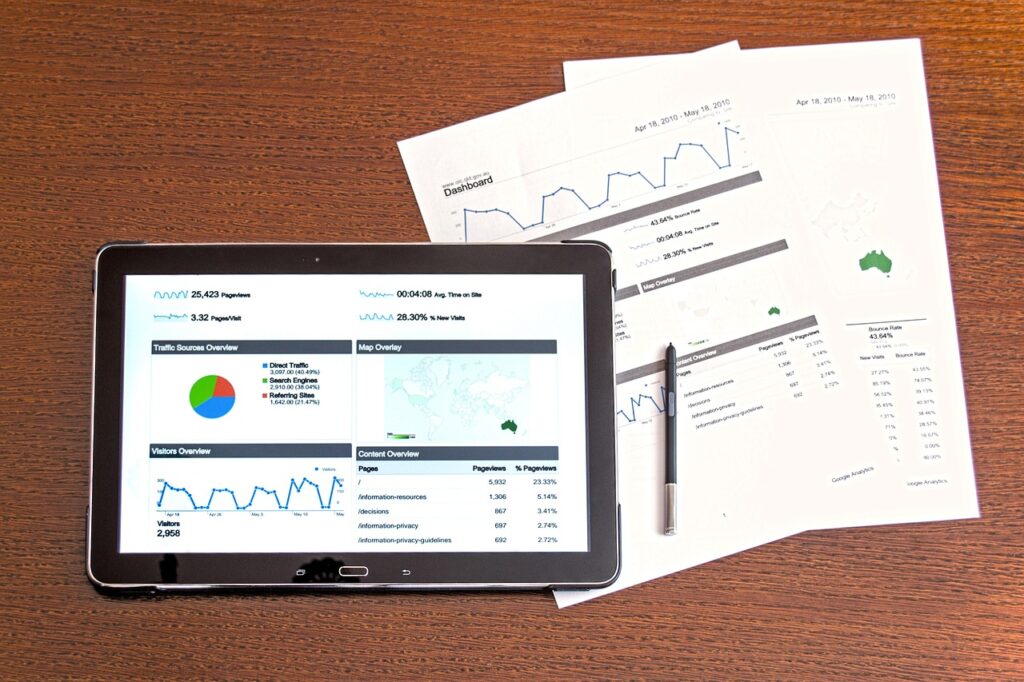In the dynamic landscape of personal finance, where aspirations are pursued, dreams are realized, and financial decisions shape our future, one crucial element stands at the crossroads of it all: your CIBIL score. As you contemplate the possibility of a personal loan to fund your dreams – be it renovating your home, pursuing higher education, or achieving a long-held ambition – the significance of your CIBIL score comes to the forefront as a beacon of financial empowerment.
Welcome to a comprehensive guide that aims to demystify the realm of personal loan eligibility, centered around the keystone of your financial identity: your CIBIL score. This guide is designed to empower you with the knowledge and tools necessary to navigate the complex world of credit scores, enabling you to unlock a world of possibilities and opportunities.
Picture this scenario: you’re on the cusp of a new chapter in your life, a chapter that requires a financial boost in the form of a personal loan. Your heart is set on the destination, but the path ahead is clouded by a myriad of unfamiliar terms – CIBIL score, creditworthiness, interest rates, credit bureaus. These terms are not mere jargon; they hold the key to your ability to secure a loan on favorable terms. They determine whether your financial voyage will be smooth sailing or fraught with challenges.
This guide is your compass, your map, and your guiding star on this expedition. It goes beyond simply explaining the technicalities of checking your CIBIL score; it provides you with insights that will help you traverse the journey of personal loans with confidence and clarity.
The Significance of Your CIBIL Score
Your CIBIL score, also known as your credit score, is a three-digit numerical representation of your creditworthiness. Lenders use this score to assess the risk of lending to you, influencing their decisions on loan approvals, interest rates, and repayment terms. A higher CIBIL score indicates a lower credit risk, making it an essential tool for achieving your financial aspirations.
Steps to Check Your CIBIL Score
Checking your CIBIL score is a straightforward process that can yield valuable insights into your financial health. Here’s a step-by-step guide to help you access this vital information:
Choose a Credit Bureau: In India, there are several credit bureaus that provide credit scores, with TransUnion CIBIL being one of the most prominent. Other bureaus include Equifax, Experian, and CRIF High Mark. Select a credit bureau of your choice to initiate the process.
Visit the Bureau’s Website: Navigate to the official website of the chosen credit bureau. Look for the section related to credit reports and scores.
Provide Personal Information: You’ll need to provide personal details such as your name, date of birth, permanent account number (PAN), contact information, and email address. Ensure that the information you provide is accurate.
Authentication: The credit bureau will require you to go through a verification process to confirm your identity. This may involve providing answers to security questions or uploading relevant identification documents.
Request Your Credit Report: Once your identity is verified, you can request your credit report and CIBIL score. Some bureaus offer a one-time free credit report per year, while others may charge a nominal fee.
Review Your Report: Carefully review your credit report for accuracy and any discrepancies. Ensure that all your credit accounts, payment history, and personal information are correctly reflected.
Understanding Your CIBIL Score
Interpreting your CIBIL score is essential for grasping your creditworthiness. CIBIL scores typically range from 300 to 900, with higher scores indicating better credit health. Here’s a breakdown of the score ranges and their implications:
300 – 599: Poor: Individuals with scores in this range may find it challenging to secure loans or credit, and if approved, they may face higher interest rates.
600 – 749: Fair to Good: While individuals in this range may be eligible for loans, they might still face slightly elevated interest rates.
750 – 900: Excellent: Individuals with scores in this range enjoy the most favorable loan terms, including lower interest rates and higher borrowing limits.
Improving Your CIBIL Score
If you discover that your CIBIL score is lower than you’d like it to be, don’t fret. Your score is dynamic and can be improved over time. Here are some strategies to enhance your creditworthiness:
Timely Payments: Consistently make payments on time for all your credit accounts, including loans, credit cards, and bills.
Credit Utilization: Keep your credit card balances low in proportion to your credit limits. Aim for a credit utilization ratio of around 30% or lower.
Credit Mix: Maintain a diverse mix of credit types, such as installment loans and revolving credit accounts.
Credit History: Maintain a longer credit history, as a lengthier track record of responsible credit use can positively impact your score.
New Credit Applications: Limit the number of new credit applications, as multiple inquiries within a short period can temporarily lower your score.
Conclusion
Your CIBIL score is a potent tool that empowers you to embark on your personal loan journey with clarity and confidence. By following the steps outlined in this guide, you can access your CIBIL score, interpret its implications, and take proactive steps to improve it. Armed with this knowledge, you’ll be better equipped to secure favorable personal loan terms, enabling you to realize your financial goals and aspirations with a solid foundation of creditworthiness. Start your journey to financial empowerment by checking your CIBIL score today.


